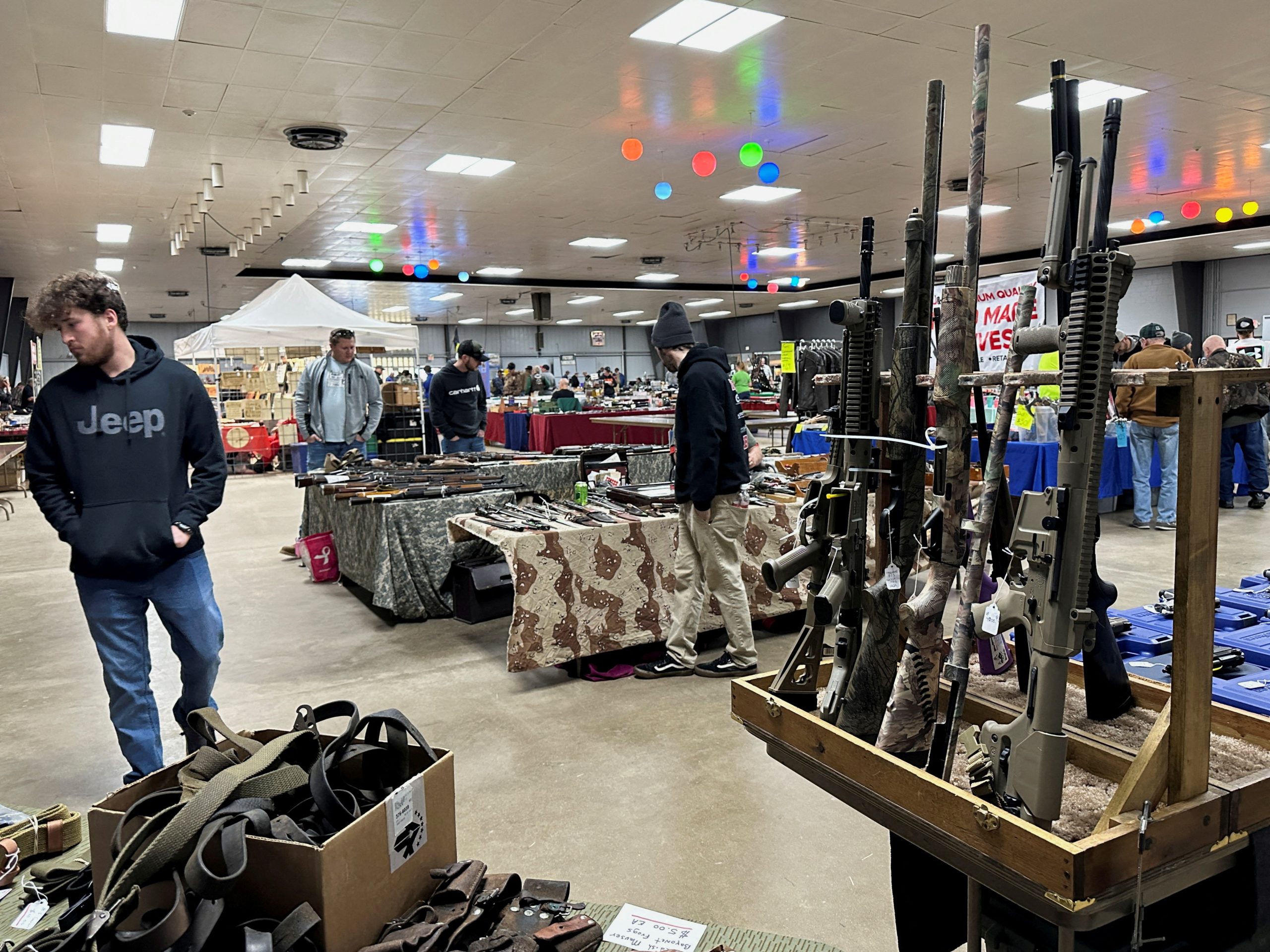
Matt Bush, FISM News
[elfsight_social_share_buttons id=”1″]
Tennessee Gov. Bill Lee (R) signed an executive order Tuesday evening to strengthen background checks for gun purchases in the state.
The order focuses on information being submitted quickly and thoroughly by “entities with obligations to report” relevant information concerning a person’s criminal history or mental health information. This information would then be used to determine whether or not a person can purchase a firearm in Tennessee.
“I believe this will protect victims, that it will hold dangerous people accountable and away from firearms, and that it’ll preserve constitutional rights at the same time,” Lee said about the order.
While Lee believes that the order “more closely guarantees the safe, lawful purchase of firearms in Tennessee,” he also does not believe it to be the final answer in Tennessee, but rather an “appropriate step” in the process.
‘ORDER OF PROTECTION’ OR RED FLAG LAW?
The governor also argued for a stronger “order of protection” law to go through the legislative process. An order of protection law is “intended to protect someone from future violence by ordering another person not to do certain things — usually to stay away from and not contact the person who requested the order.”
Currently in Tennessee, an order of protection is primarily available to victims of domestic assault. Gov. Lee’s plan would address what he calls shortcomings in the current order of protection laws.
“Our current law is proven and effective in many circumstances, especially with regards to domestic violence, but this new stronger order of protection law will provide the broader population cover, safety, from those who are in danger to themselves or to the population,” Lee said.
There is a fine line between a red flag law and the order of protection that Gov. Lee is describing. In fact, the New York Times defines a red flag law as, “state laws that authorize courts to issue a special type of protection order, allowing the police to temporarily confiscate firearms from people who are deemed by a judge to be a danger to themselves or to others.”
Currently, 20 states have some type of red flag law in effect including Florida, Indiana, New York, California, Oregon, and others. Only 18 states do not have a red flag law in effect or one proposed including Georgia, South Carolina, Alabama, Texas, and other mostly Republican-led states. Tennessee is one of the 12 states with a proposed red flag law.
Lt. Gov. Randy McNally is a supporter of Lee’s efforts to pass a new order of protection law in Tennessee.
“I support the Second Amendment unequivocally and believe that a law-abiding, armed citizenry is the greatest defense against criminality and tyranny. But I also believe we must take steps to ensure those experiencing mental health crises do not have access to weapons that can be used in mass casualty events,” McNally said in a statement.
Many opponents of red flag laws argue that a person’s second amendment rights can be taken away based on the subjective ruling of a judge, or based on a single unsubstantiated complaint. In an article written by Fox News last October, it was revealed that red flag laws were used in “19 states and the District of Columbia to remove guns from citizens 15,049 times since 2020.”
Tennessee House Speaker Cameron Sexton’s office said that any order of protection dealing with mental health “must have a level of due process, protections from fraudulent claims, and a quick judicial hearing for individuals who pose imminent threats.”
